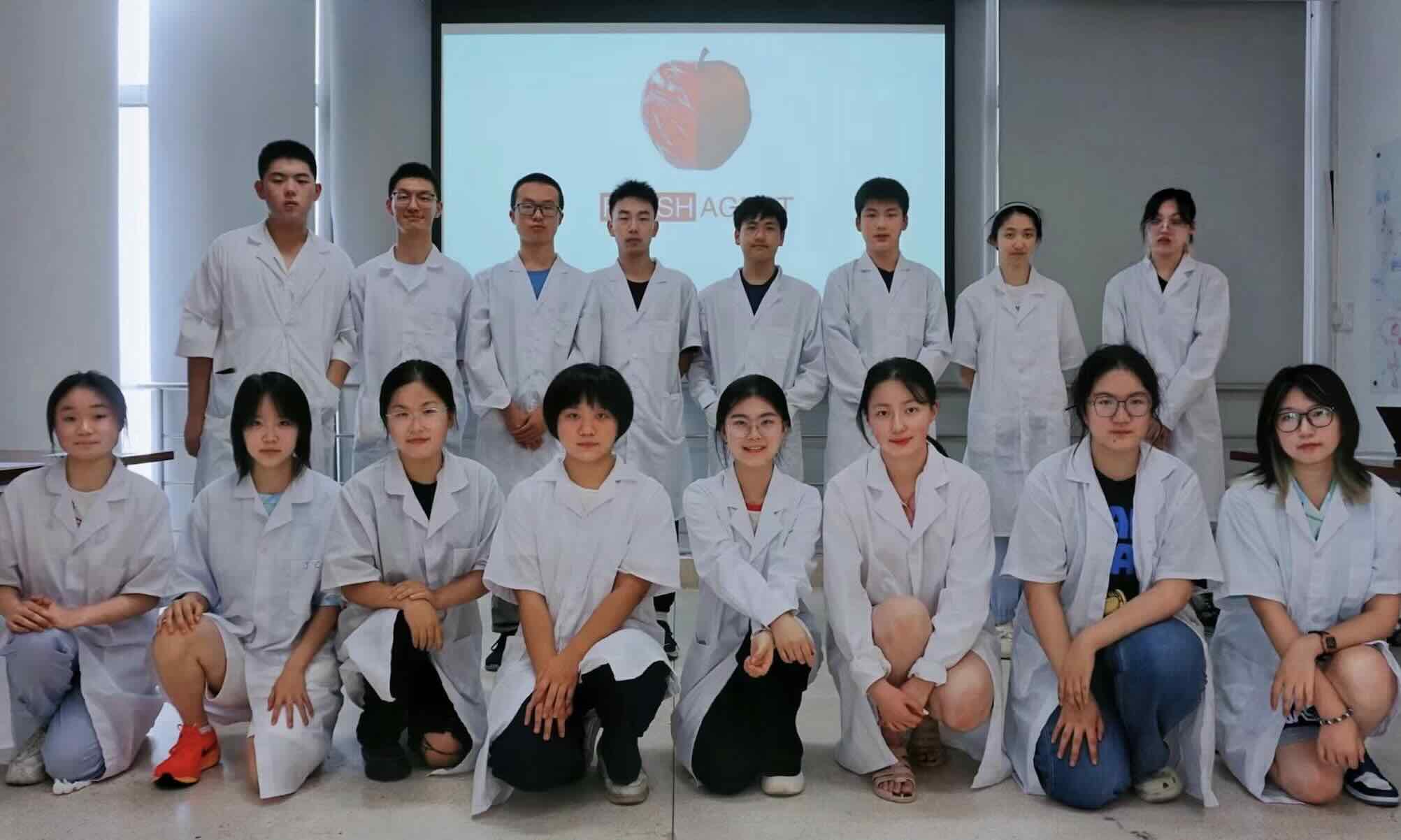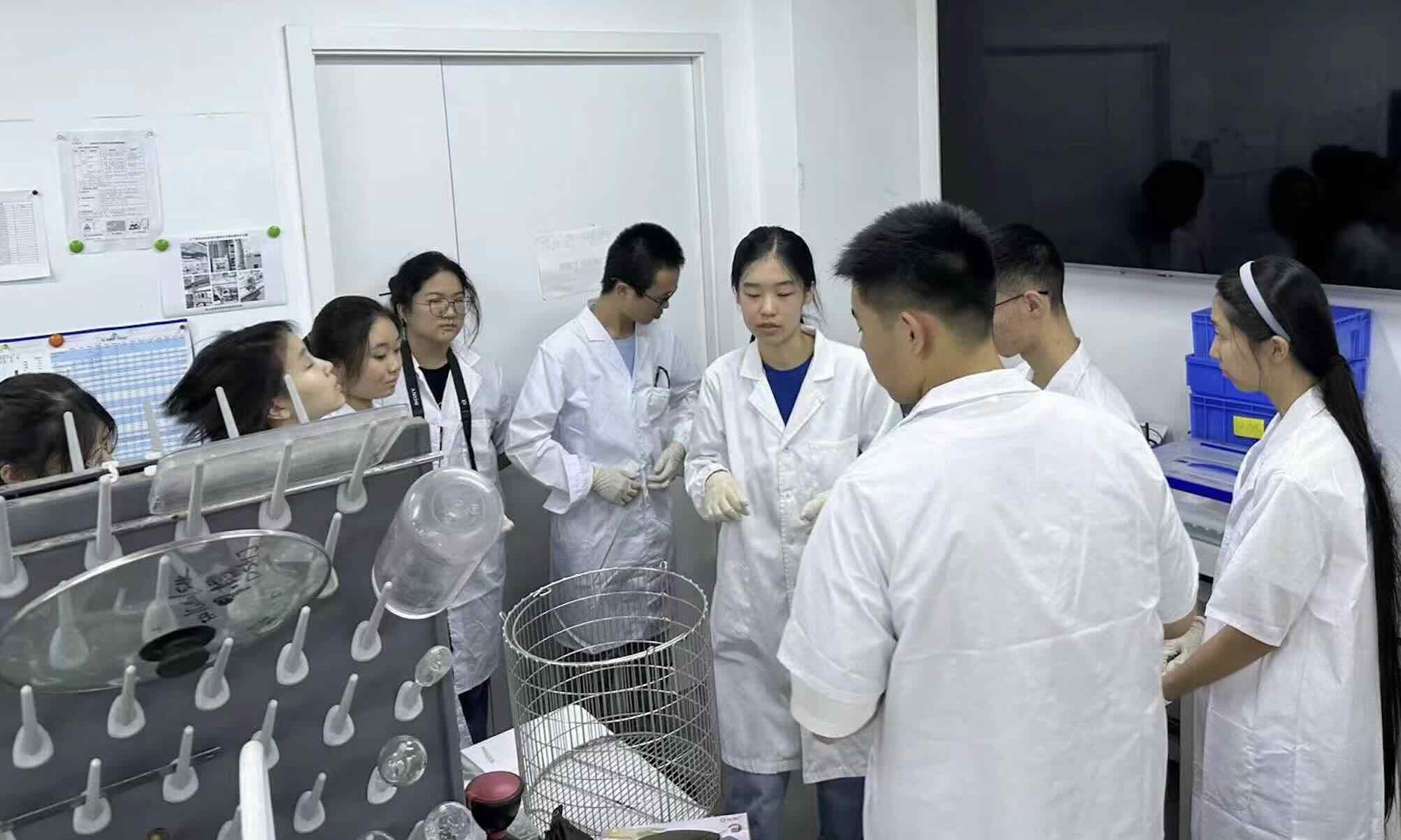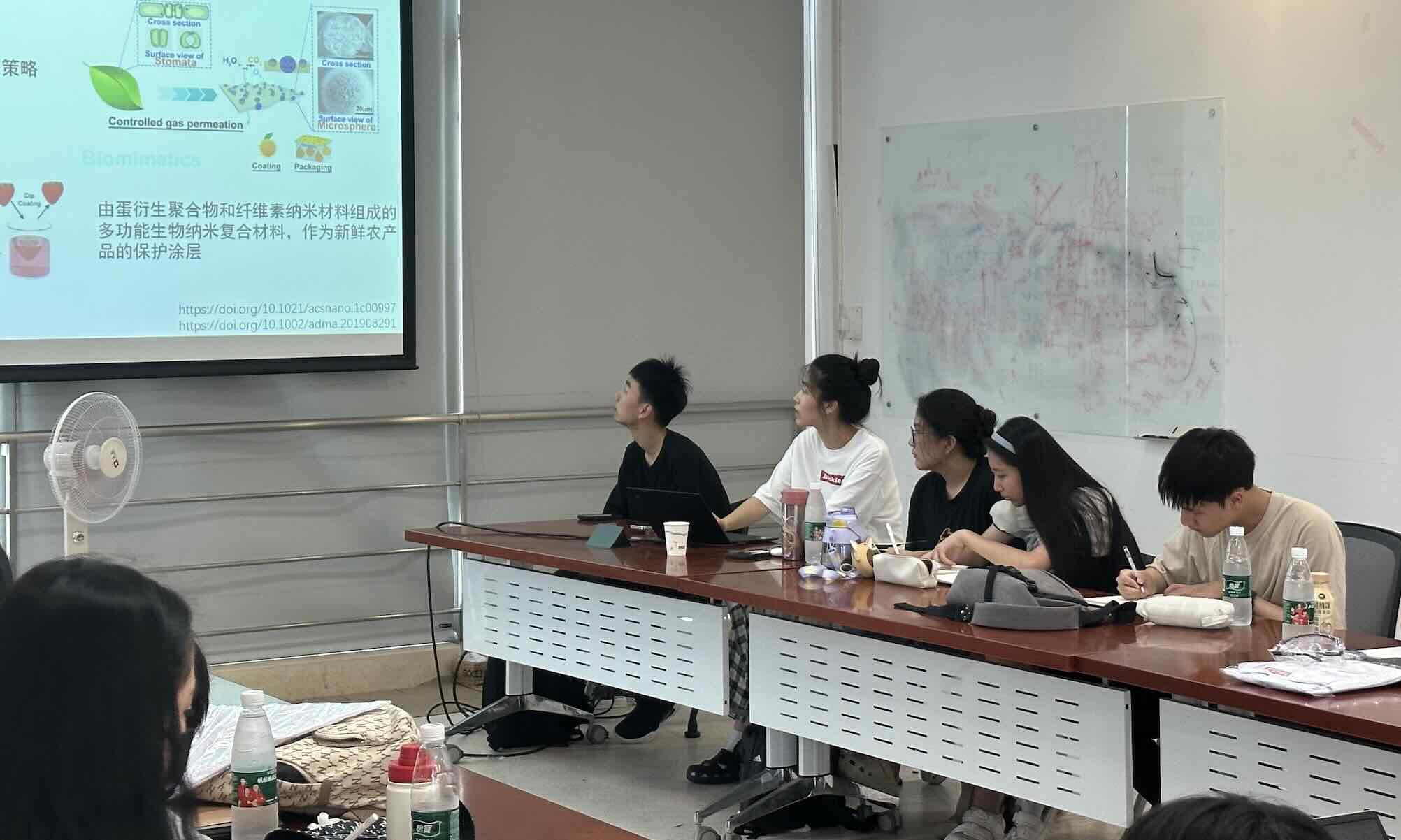
Liuan-Shanghai

Liuan-Shanghai

(Default content of this page. This content will be deleted before final submission.)
Welcome to iGEM 2023! Your team has been approved and you are ready to start the iGEM season!
Please read the following pages:
Feel free to customize the page styling according to your preferences, or you can simply leave the style as it is. It's wise to focus on a clear content first, and on a clean design later.
Be cautious with the size of the assets like images, videos, and more into your wiki. Large file sizes can hinder the presentation of wikis due to slow internet connections. Remember to compress large files before uploading them to iGEM servers.
This default wiki meets the requirements, enhances navigability, and provides a user-friendly experience for visitors. You should not feel obliged to go beyond the provided styling.
This wiki will be your team's first interaction with the rest of the world, so here are a few tips to help you get started:
You can also view other team wikis for inspiration! Here are some examples:




